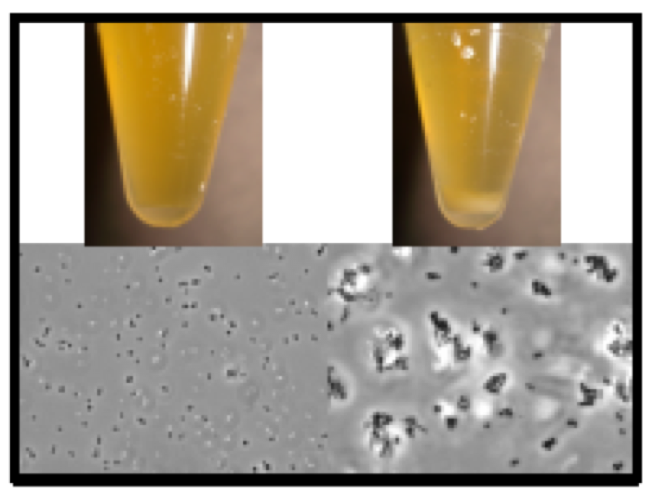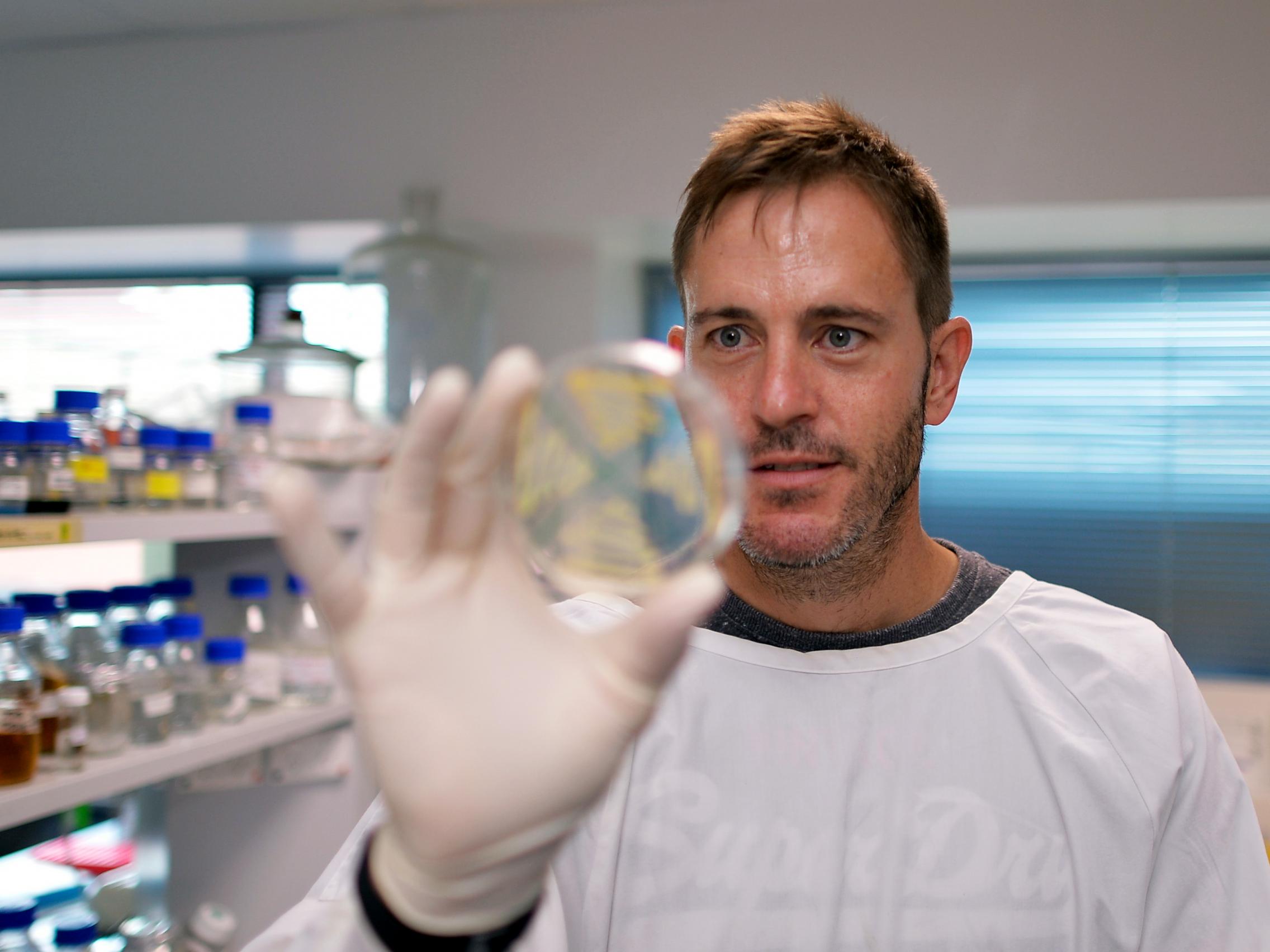Stress response in pathogenic bacteria: Haemophilus influenzae

Figure 1
Participate in important research into the stress response in pathogenic bacteria, in particular, Haemophilus influenzae which can lead to several serious diseases in humans.
A large part of our work is looking at the molecular biology of various strains of H. influenzae and trying to understand the elements of its behaviour and lifestyle that vary between its commensal and pathogen states.
One of the major features for which we need to understand and that is central in the colonisation of H. influenzae in various anatomical niches and the disease outcome, are the environmental triggers for this pathogen to aggregate and form a biofilm (see Figure 1).
Study infectious diseases and antimicrobial resistance
All pathogenic bacteria need specialised mechanisms to adapt to the conditions in which they inhabit. For pathogenic bacteria this includes the changes from the environment, reservoir and the different anatomical niches they can inhabit.
Many of these conditions are nonoptimal and create a stress on the bacteria. In addition, many host cells generate reactive chemicals as an anti-microbial process.
The work in our lab aims to study the particular pathways important in the pathogenic bacterial adaptation and that are unique to a specific species.
We have projects on various pathogens. Our work generally is focussed on using molecular biology to understand the transcriptional and metabolic pathways that are important to the bacterial stress response.

Supervisor
Research area: Research Centre for Infectious Diseases (RCID) | Australian Centre for Antimicrobial Resistance Ecology (ACARE)
Recommended honours enrolment: Honours in Molecular and Biomedical Science
